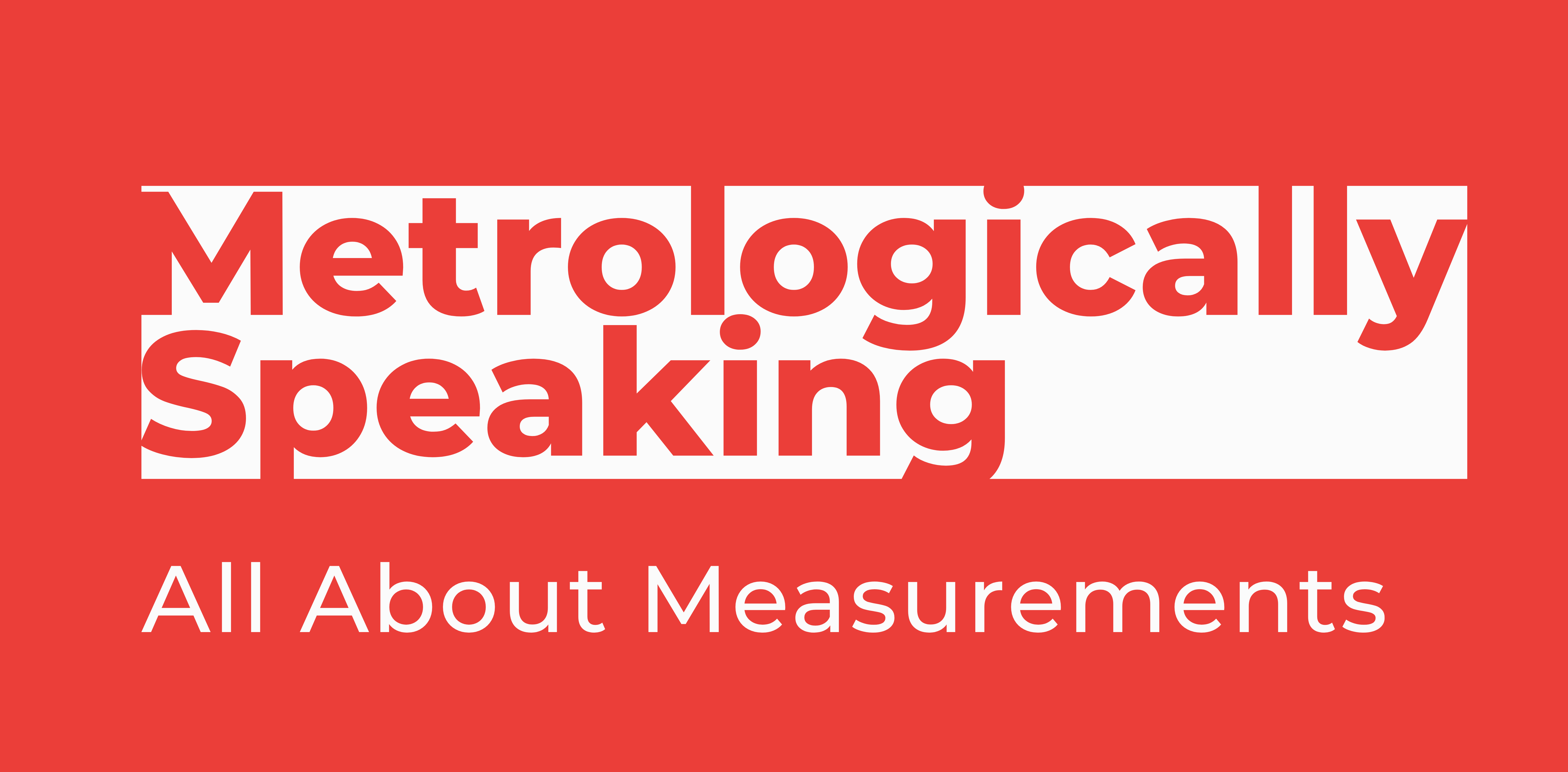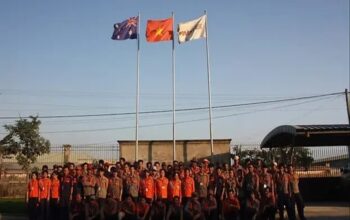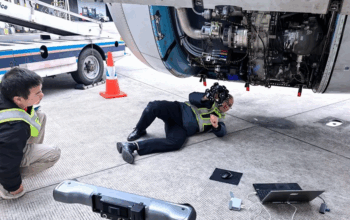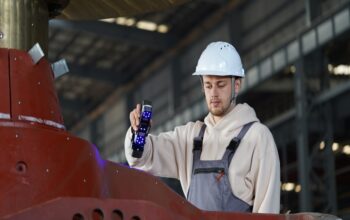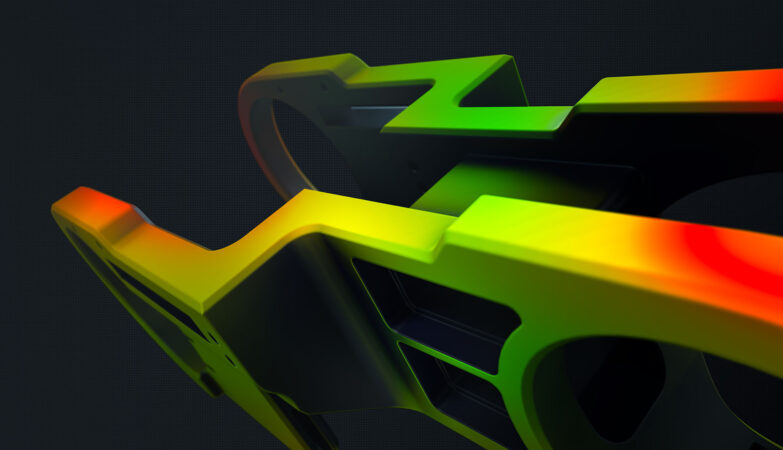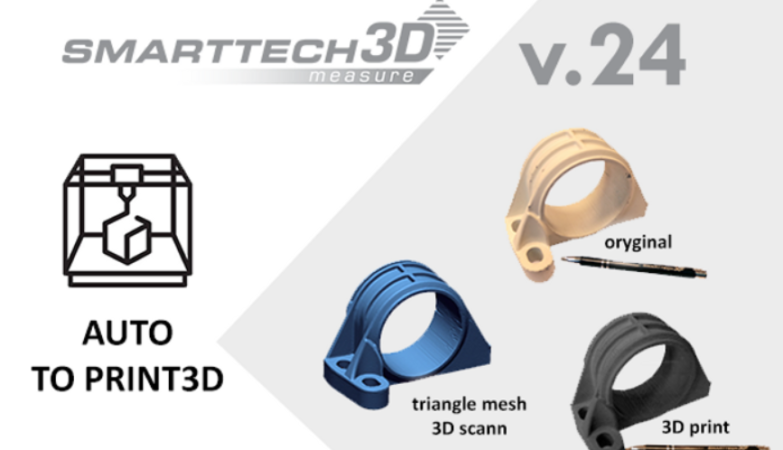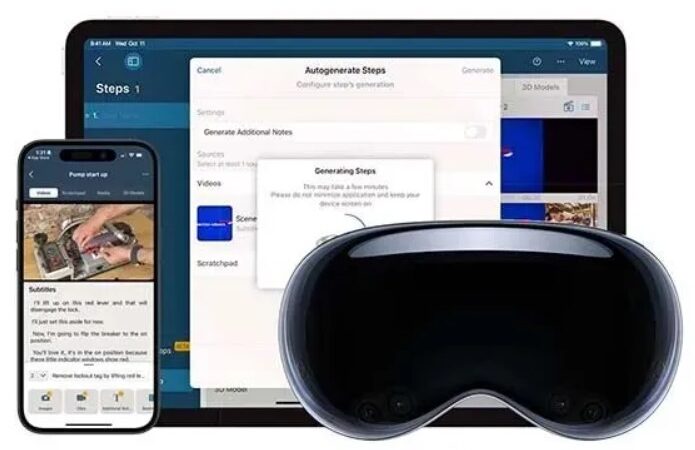Amazingly, in just a couple of years, scanning and artificial intelligence have become so tightly integrated into our lives that become a cause of strikes and news headlines. We are talking about Hollywood strikes, which were sparked by the use of technologies looming hundreds of workers losing their jobs.
As noted in the article «As Hollywood strikes, the battle over AI and 3D scanning has been decades in the making», 3D scanning has long been used by moviemakers and has become a natural part of the filming process. Developments in artificial intelligence promise to take 3D scanning to a whole new level: the creation of digital humans.
News of how artificial intelligence is changing our lives makes one wonder about its impact on the 3D scanning industry. So, how can AI change the user experience with 3D scanners?
Helping scan-to-CAD workflow
Metrology scanners that can digitize objects with incredible accuracy and detail are expensive. AI cannot turn a low-cost scanner into an expensive one, but it can significantly improve the collected data. For example:
- Increase the resolution of the initial scan data at the post-processing stage;
- Speed up and automate data cleaning (remove extra data and noise with minimal involvement of manual work);
- When necessary, make the edges sharper and the surface smoother
- Reconstruct hard-to-reach details (undercuts, holes, hollows, etc.). We’ve demonstrated the peculiarities of capturing tricky objects as below. AI could help in the reconstruction of areas the scanner didn’t capture.
Additionally, algorithms can “recognize” when a human is scanned and reconstruct the hair, beard, and eyebrows, making them more realistic and detailed, which leads us to the next point…
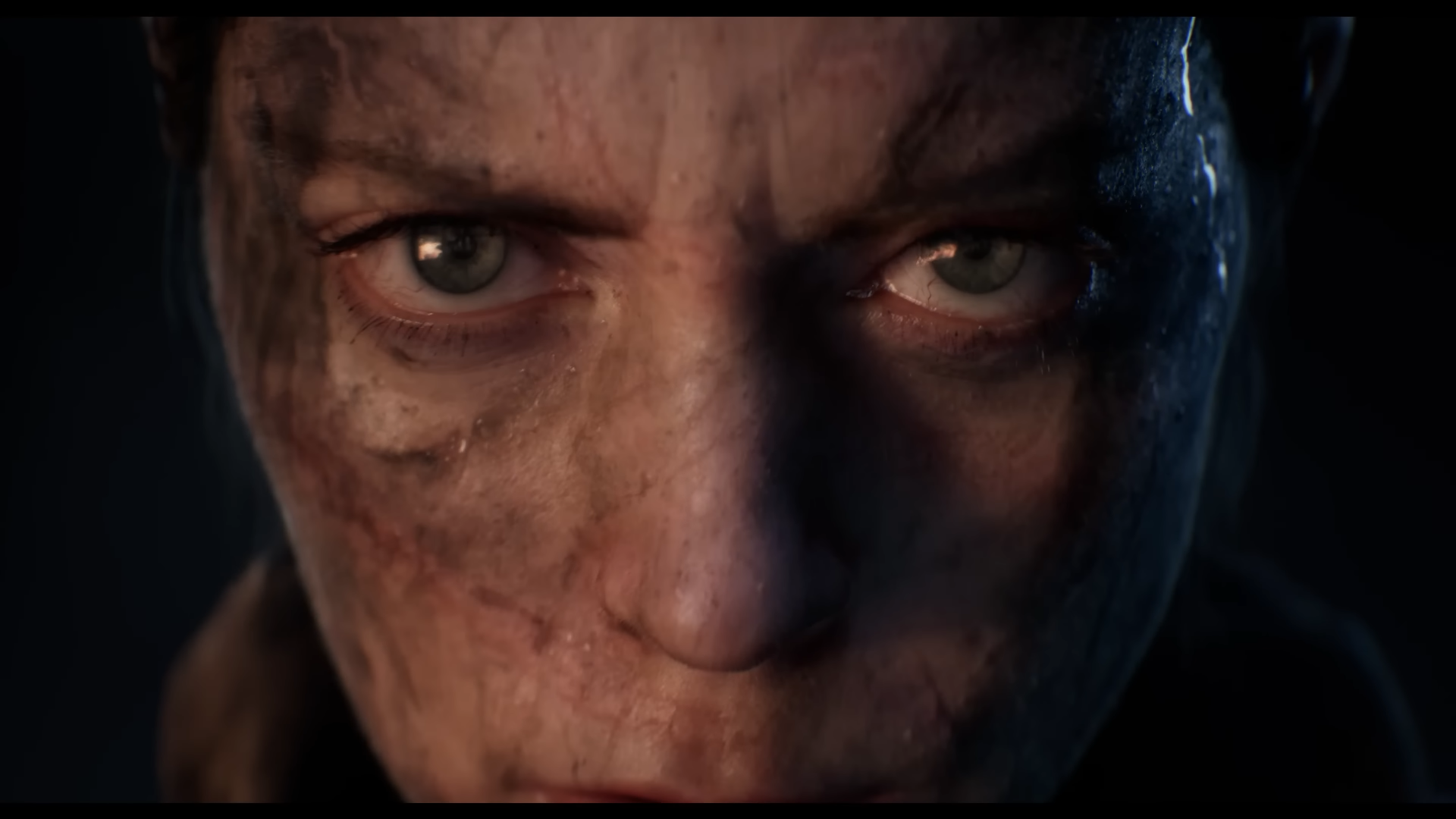
Helping in animation
With proper training, AI can not only automate the post-processing of humans, reconstruct and enhance some body parts (the hair), but also prepare the model for further animation. In fact, it can animate the model following the commands of the specialist. For now, digital animation is possible with body movements only, but as the technologies evolve (think of UnrealEngine’s Metahuman project), facial animation will become AI-powered for certain.
Enhancing the texture
The deep learning text-to-images models that generate AI images made a lof of fuss recently. Users harnessed the full power of the programs to show off their creativity. Some works even gained popularity across the Internet. For example, the work of an artist from Brazil who made The Simpsons characters look like real-life people with the help of AI.
Credits: Thor 3D
Click on the following link Metrologically Speaking to read more such blogs about the Metrology Industry.
